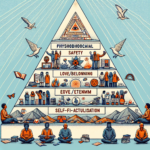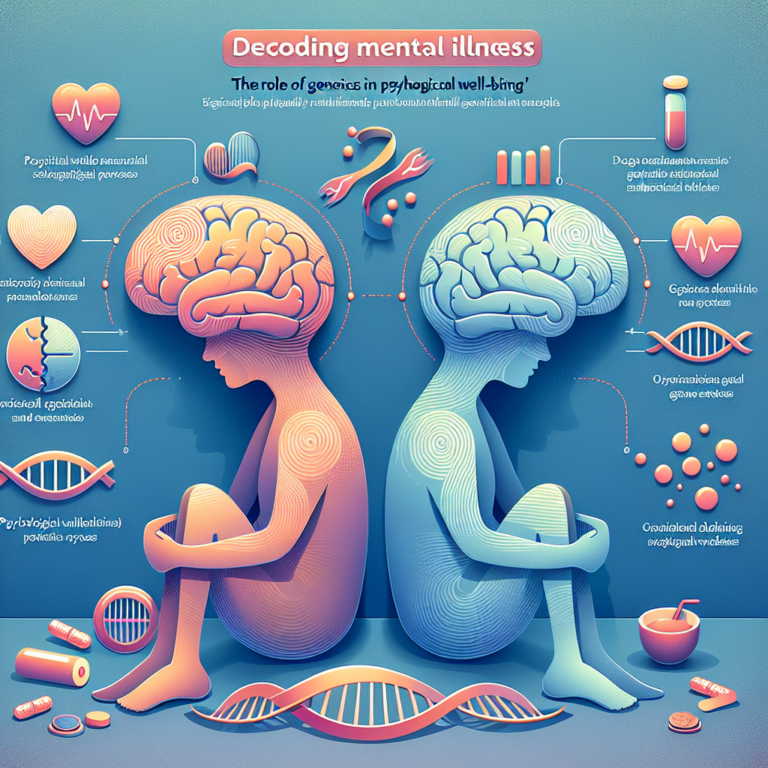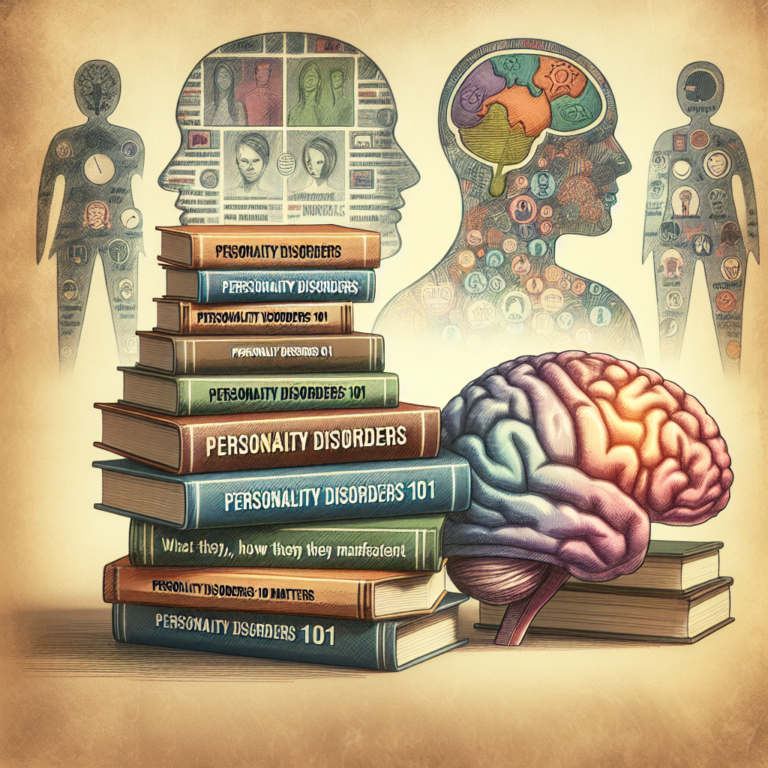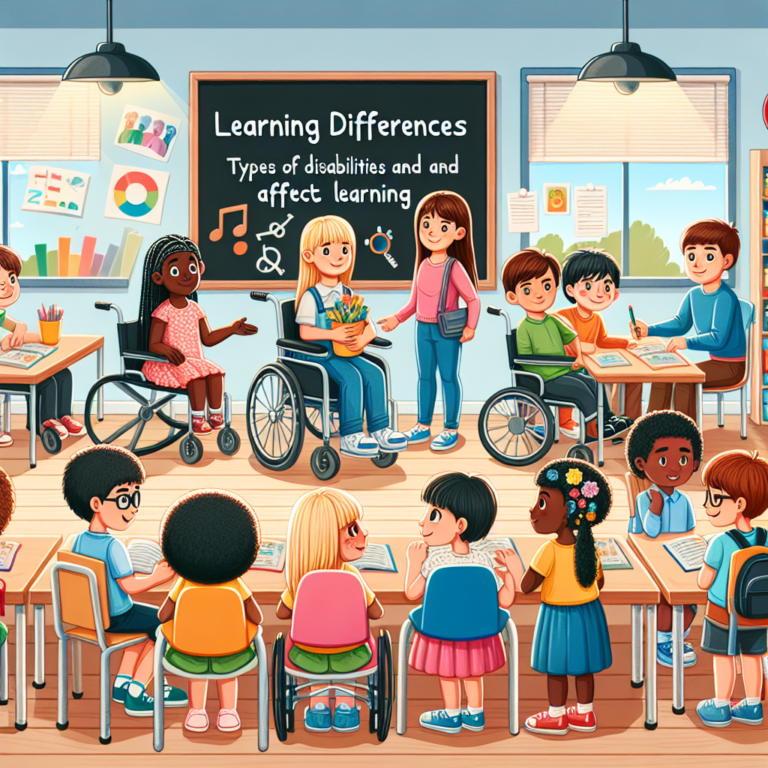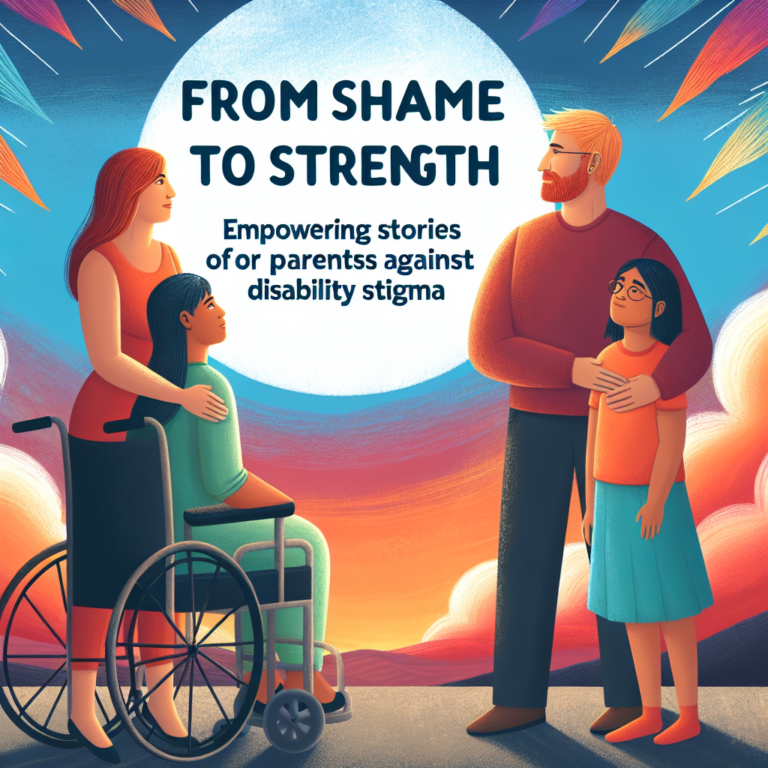Unlocking Mental Clarity: The Essential Role of Sleep in Emotional Resilience
Introduction
In an age where stress, anxiety, and emotional turbulence seem to be on the rise, maintaining mental clarity has become a pressing concern for many. A common misconception is that mental resilience solely hinges on our coping strategies or genetic predispositions. However, emerging research highlights an often-overlooked hero in this narrative: sleep. Unlocking Mental Clarity: The Vital Role of Sleep in Emotional Resilience is not just a one-liner; it’s a paradigm shift in understanding how sleep impacts our emotional well-being, cognitive function, and overall quality of life.
Imagine waking up each day feeling refreshed, clear-headed, and ready to tackle challenges. Sounds appealing, right? Yet, many of us sacrifice sleep for productivity, social engagements, or even screen time. But what if you could enhance your emotional resilience simply by prioritizing good sleep? This article delves into the profound connection between sleep and mental clarity, providing insights and practical tips to elevate your emotional resilience through better sleep.
The Science of Sleep and Its Impact on Mental Clarity
Understanding Sleep Stages
To truly appreciate the role of sleep in emotional resilience, we must first understand its intricacies. Sleep is not just a passive state; it’s a dynamic process involving various stages, including Rapid Eye Movement (REM) and Non-REM sleep.
Non-REM Sleep: This stage is crucial for physical restoration and memory consolidation. It’s further divided into three stages: N1 (light sleep), N2 (moderate sleep), and N3 (deep sleep). N3 is particularly vital for bodily repair, immune function, and hormone regulation.
- REM Sleep: This stage is where dreaming occurs and plays a significant role in emotional regulation and creativity. It helps process emotions and dreams, allowing us to work through challenges and stressors.
Table 1: Stages of Sleep and Their Functions
| Sleep Stage | Function | Importance for Emotional Resilience |
|---|---|---|
| N1 | Transition to sleep | Initial relaxation, preparation for deeper sleep |
| N2 | Light sleep | Stabilizes sleep, protects against awakenings |
| N3 | Deep sleep | Physical restoration, supports cognitive functions |
| REM | Dreaming | Emotional processing, creativity, problem-solving |
Understanding these stages is critical as it directly correlates with our mental clarity and emotional resilience. Sleep deprivation can impede our ability to move between these stages effectively, thus compromising not only our mental clarity but also our emotional health.
The Connection Between Sleep and Emotional Resilience
Emotional resilience refers to our capacity to adapt, cope, and recover from stress and adversity. Research suggests that adequate sleep can enhance our ability to handle emotional challenges. Here’s how:
Mood Regulation: Sleep affects neurotransmitter systems that regulate emotions. Insufficient sleep can increase the production of stress hormones, leading to irritability and mood swings.
Cognitive Functions: A well-rested mind is more efficient in decision-making, problem-solving, and concentration. Lack of sleep can impair these functions, making it hard to cope with stressors.
Physical Health: Sleep is intricately linked to physical health, which affects mental clarity. Chronic sleep deprivation can lead to health issues such as obesity and cardiovascular problems, which in turn impact emotional well-being.
- Stress Management: Quality sleep enhances our resilience to stress. When we are well-rested, we have a greater capacity to face challenges, leading to a more positive outlook on life.
Case Study 1: The Sleep-Emotion Connection
A study conducted by researchers at Stanford University examined sleep patterns in college students and their correlation with emotional resilience. They found that students who prioritized sleep exhibited lower levels of anxiety and depression. In contrast, those who reported poor sleep habits experienced heightened emotional reactivity and difficulty coping with stress.
Analysis: This case illustrates the critical link between prioritizing sleep and improved emotional resilience in a high-pressure environment. It serves as a reminder of the importance of sleep for all individuals facing life’s stresses.
How Sleep Deprivation Affects Mental Clarity
Understanding the ramifications of sleep deprivation is crucial for anyone looking to unlock mental clarity and enhance emotional resilience.
Increased Anxiety: Studies show that lack of sleep can amplify anxiety levels. A restless night can lead to increased cortisol levels, exacerbating feelings of stress.
Impaired Decision-Making: Sleep deprivation affects the brain’s prefrontal cortex, impairing its ability to evaluate risks accurately and make sound decisions.
Diminished Memory: Sleep is vital for memory consolidation. A night of poor sleep can affect both short-term and long-term memory retention.
- Reduced Creativity: The REM stage of sleep fosters creative thinking. Insufficient REM sleep can hinder our ability to think outside the box or find novel solutions to problems.
Chart 1: Effects of Sleep Deprivation on Cognitive Functions
| Cognitive Function | Effect of Sleep Deprivation |
|---|---|
| Memory | Impaired retention and recall |
| Decision-Making | Increased risk aversion |
| Creativity | Reduced divergent thinking |
| Emotional Regulation | Heightened negative emotions |
This data underscores the vital need for adequate sleep in maintaining cognitive functions central to emotional resilience and mental clarity.
Strategies for Unlocking Mental Clarity Through Sleep
Now that we understand how sleep affects emotional resilience and mental clarity, let’s explore actionable strategies to improve sleep quality.
1. Establish a Sleep Routine
Creating a consistent sleep schedule helps regulate your body’s internal clock, enabling you to fall asleep and wake up more easily. Aim for 7-9 hours of sleep each night, adjusting for your individual needs.
2. Create a Sleep-Friendly Environment
Your sleeping environment plays a crucial role in the quality of your sleep. Make your bedroom comfortable by reducing noise, keeping it dark, and maintaining a cool temperature. Consider blackout curtains or white noise machines if necessary.
3. Limit Screen Time Before Bed
The blue light emitted by screens can disrupt your circadian rhythm. Aim to reduce screen exposure at least an hour before bedtime. Instead, opt for reading a book or practicing relaxation techniques.
4. Practice Relaxation Techniques
Incorporating mindfulness, meditation, or deep-breathing exercises into your bedtime routine can significantly reduce stress and prepare your mind for sleep. Try techniques like progressive muscle relaxation or guided imagery.
5. Maintain a Healthy Lifestyle
Regular physical activity and a balanced diet can contribute to better sleep. However, avoid large meals, caffeine, or alcohol close to bedtime as these can disrupt sleep.
Case Study 2: The Impact of Sleep Hygiene
A clinical trial conducted at the University of Pennsylvania focused on sleep hygiene interventions among employees in high-stress jobs. The participants who adopted good sleep hygiene practices reported improved mood, increased productivity, and enhanced emotional resilience.
Analysis: This case study highlights the real-world application of sleep hygiene in enhancing emotional well-being, suggesting that small, consistent changes can yield significant benefits.
The Broader Impacts of Sleep on Mental Clarity
Societal Implications
The implications of sleep on emotional resilience extend beyond the individual to society at large. Sleep deprivation is linked to increased workplace accidents, healthcare costs, and lower productivity levels. By prioritizing sleep, companies can foster a healthier, more resilient workforce.
Table 2: Economic Impacts of Sleep Deprivation
| Metric | Impact |
|---|---|
| Workplace Accidents | Increased risk, higher costs |
| Healthcare Costs | Rising medical expenses |
| Productivity | Reduced performance, absenteeism |
The Role of Technology
In today’s fast-paced world, technology can both hinder and help our sleep. While devices like sleep trackers can assist in monitoring and improving sleep quality, excessive screen time often disrupts sleep. Striking a balance is crucial for unlocking mental clarity.
Conclusion
Unlocking Mental Clarity: The Vital Role of Sleep in Emotional Resilience brings to light the essential relationship between quality sleep and our ability to cope with life’s challenges. By understanding the mechanisms and strategies outlined in this article, individuals can take actionable steps toward enhancing not only their emotional well-being but also their quality of life.
Emphasizing the quality of sleep as a foundation for mental clarity and emotional resilience can serve as a paradigm shift in how we approach mental health. As you prioritize sleep, you’re not merely promoting rest; you’re investing in a clearer, more resilient version of yourself.
FAQs
1. How much sleep do I need for optimal mental clarity?
Most adults require 7-9 hours of sleep per night. Individual needs may vary, so listen to your body and adjust accordingly.
2. Can napping improve emotional resilience?
Yes, short naps (20-30 minutes) can enhance alertness and mood without causing sleep inertia, contributing positively to emotional resilience.
3. What are some signs of sleep deprivation?
Common signs include irritability, difficulty concentrating, memory issues, and overwhelming fatigue.
4. How long does it take to see improvements in mental clarity after improving sleep habits?
Improvements can be felt after just a few nights of good sleep, but consistent good sleep should lead to sustained benefits over time.
5. Is it normal to have occasional sleepless nights?
Yes, occasional sleeplessness is normal. However, if this becomes routine, it may be beneficial to consult a healthcare professional to address underlying issues.
By recognizing the essential role that sleep plays in emotional resilience, we can equip ourselves and others with the tools to navigate the complexities of life with greater ease and clarity.
